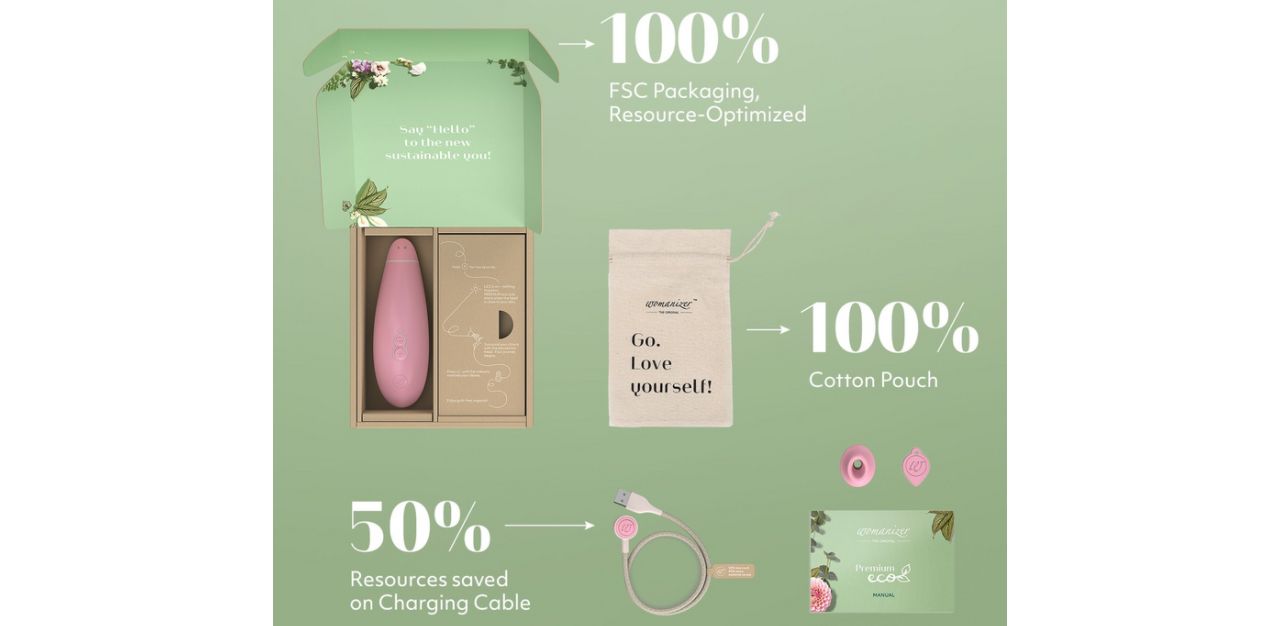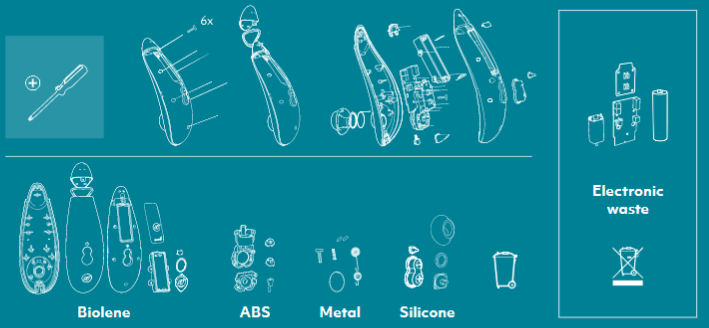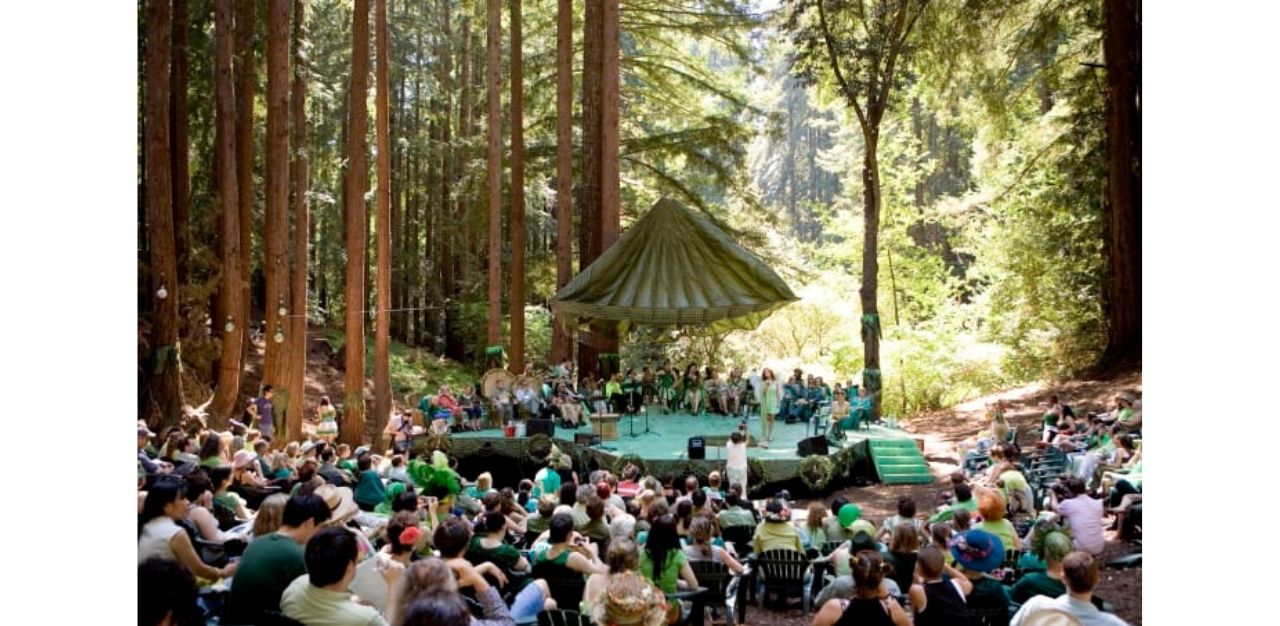Coined by American sexologist Annie Sprinkle, the term “eco-sexuality” refers to people who believe in viewing the Earth as a lover.
“This is an acknowledgement that there needs to be reciprocity in our relationship as a species with planet Earth,” says Associate Professor Chitra Sankaran, who specialises in eco-criticism at the National University of Singapore.
Easily among the most intriguing of social trends, this head-turner of a term was designed to “make the environmental movement more fun and diverse”.
Why a lover, and not a mother? Could anything be more indebting than viewing the Earth as a maternalistic figure? The problem with this view stems from — as with many other issues we face today — the patriarchy.
Eco-feminism, another closely related movement, sheds light on the fact modern patriarchal society justifies the “conquest” of both nature and women. Hence, for eco-sexuals, “the Earth is not ‘endlessly giving’ — as a mother is conceived to be under the patriarchy,” says Prof Chitra. “Instead, Earth demands respect and acknowledgement of its needs, as would a lover.”
Eco-sexuality in practice
So, what might eco-sexuality look like on a day-to-day basis? According to relationship counsellor and sexologist Martha Tara Lee, many eco-sexuals are also eco-consumers. “[More are starting to realise that] what is good for our bodies is often also what is better for the environment,” she says.
These days, consumers are asking more questions, making more ethical purchases, and feeling better about where their dollar votes go. As a response, brands are starting to react to consumers’ demands, even in sex-positive industries. This is the case for WOW Tech, a global designer brand for premium pleasure toys.

“We saw the trend of sustainability in increasing industries, so we at WOW Tech followed this trend and started implementing small changes to our as well,” says Ms Martina Kecks, Product Manager of Womanizer, a subsidiary of WOW Tech. “We want to lead by example and drive real change in our industry.”
The company recently launched the Womanizer Premium Eco, an entirely biodegradable sex toy, and among the first of its kind in the market. While empowering women by normalising sex-positivity, eco-friendly sex products like these simultaneously give women the option to be environmentally conscious amidst their pursuits for pleasure.

Eco-sexuality may not be sexual
On the extreme end of the eco-sexuality spectrum, Ms Sprinkle, porn-star-turned-sex-educator, and her partner Beth Stephans married the earth in 2008 in an honest-to-goodness declaration of their love. Their wedding was attended by more than 300 guests. These eco-sexuals express their sexual relationship with the earth as their primary identity.

However, Prof Chitra highlights that the movement need not only be sexual. “There are many kinds of eco-sexuals: tree-huggers, skinny-dippers, but also those who believe in communicating meaningfully with planet earth in all its abundance,” she says.
Nominated Member of Parliament Anthea Indira Ong with her “weekly arboreal partner” whom she named Casu. (Photo source: @anthea.ong, Instagram)
“You can be an eco-sexual and not identify as one, and that is okay too,” says Dr Lee, who hosted the first Eco Sex campaign in Singapore back in 2013. “We just need to do what we feel and know [that] is right for us.”
“I think overall in Singapore and Asia, eco-sexuality is expressed in more practical ways and perhaps more conservatively,” adds Prof Chitra. “Many Asians don’t necessarily distinguish between eco-sexuality and environmental consciousness. Many simply believe that they love the Earth and fight for ‘her’ welfare, above all else.”
Ms Vivian Lee, 44, is one such individual. Drawing wisdom and inspiration from the book Earth Emotions, she believes in finding new terminologies that help “bring awareness into our relationship with nature”.
Being a somatic therapist, Ms Lee commits herself to a nature practice on a near-daily basis. “I will go and eat in the park just to have that skin-to-skin contact with the sun, or go to the beach and float in the sea,” she says. When asked if she identifies as an eco-sexual, Ms Lee says she hadn’t heard the term before, but that it resonates with her greatly.
Falling in line with the values of being an eco-sexual, Ms Lee also leads a plant-based lifestyle, hasn’t bought clothing in a long time, and facilitates mindful-eating sessions. “This brings us beyond the act of eating itself, but connects us more deeply with where our food comes from — both in terms of our knowledge and practicalities,” she says.
Join the conversations on TheHomeGround Asia’s Facebook and Instagram, and get the latest updates via Telegram.














